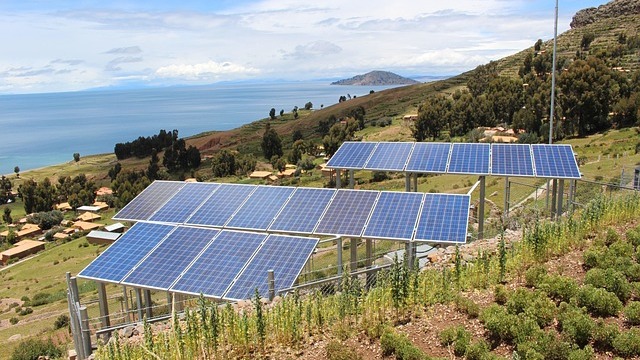
AI's Power Surge: Energy Needs on the Rise
The rapidly evolving field of artificial intelligence (AI) is not just reshaping industries but is also poised to impact energy consumption significantly. A recent analysis from Bloomberg Intelligence highlights that U.S. power demand from data centers could surge by 20-40% come 2025. This growth is projected to continue in the following years, despite various claims of efficiency innovations aimed at mitigating energy appetite. Understanding this increase in energy demand offers essential insights for investors, businesses, and policymakers alike.
Efficiency Innovations vs. Escalating Demand
Despite hopes for enhanced algorithms and more efficient processors, the immediate need for energy will often trump these innovations. Major companies like Ant Group have developed AI models that can reportedly lower energy usage by 20%, yet the overwhelming commercial uptake of AI tools might overshadow these benefits. The escalating demand and rapid adaptation of AI technologies indicate a persistent climb in energy needs.
The Economic Impact of AI-Driven Energy Consumption
As AI technologies advance, spending on generative AI—including hardware, software, and IT services—could reach a staggering $1.8 trillion by 2032. With projections suggesting that data centers could consume nearly 20% of total U.S. energy by 2032, the ripple effects on the economy are monumental. An increase in energy consumption means a stronger market for energy providers offering renewables like solar, wind, and battery storage. Companies such as First Solar and Enphase are expected to see significant growth due to this demand shift, enhancing their market positions.
Renewable Energy Demand: A Bright Spot
Interestingly, while traditional energy consumption from AI data centers is surging, the preference for renewable energy sources is skyrocketing as corporations, including Meta and Microsoft, commit to Environmental, Social, and Governance (ESG) goals. This represents not just an opportunity for growth but also a necessary pivot in energy sourcing. Industry players may see renewed solar and wind energy markets lead the path to sustainable growth.
Future Predictions: A Renewable Revolution?
Investors and businesses should note how rising energy demands from AI can lead to an increased push towards renewable energy solutions. European utilities such as RWE and Engie are already gearing up for significant expansions in their renewable energy capacities, anticipating a robust rise in energy needs driven by AI data centers. The transition to a greener economy is not just prudent but essential, and those who embrace it may find themselves at the forefront of a major economic shift.
Embracing Sustainable Finance Initiatives
As the conversation surrounding AI’s power demand unfolds, it becomes crucial for stakeholders to consider sustainable finance solutions. Investment in Green Bonds, Green Banks, and blended finance initiatives may provide the necessary funding avenues to support the rapid transition to sustainable energy sources. By addressing the impacts of AI on energy consumption, investors can align with initiatives that drive environmental sustainability while fostering economic growth.
In conclusion, understanding the implications of the AI energy demand surge not only informs individual and institutional investment decisions but also highlights the broader need for transformational changes in energy sourcing. Decision-makers and stakeholders in the energy sector must prepare for this anticipated demand and embrace sustainable finance initiatives that promote a greener, more innovative future.
For those looking to capitalize on emerging trends in sustainable finance and energy consumption, now is the time to get involved. Engaging with innovative solutions and renewable energy investments can enhance your portfolio while making a positive impact on our planet.
 Add Row
Add Row  Add
Add 




Write A Comment